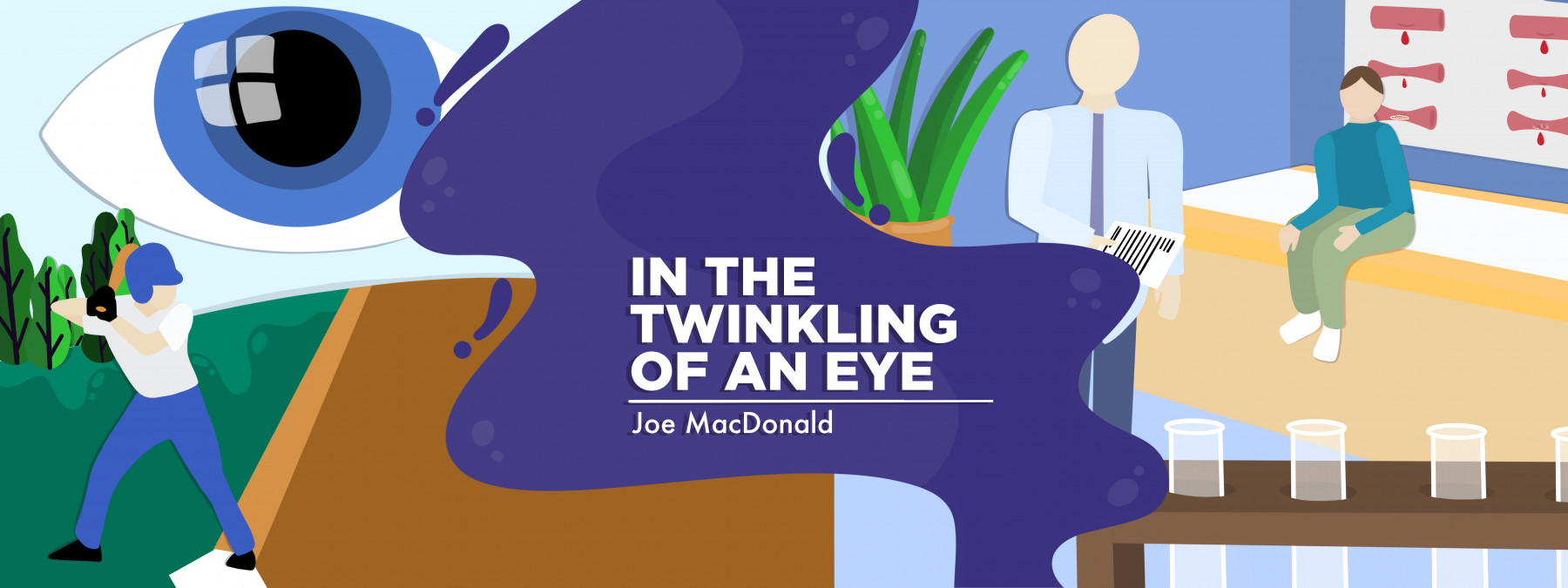A program focused on empowering parents helped us early on
PEP helped us find community, purpose while managing our son's hemophilia
Written by |

When our oldest son, Julian, was about 6 years old, the hemophilia treatment center (HTC) in Houston invited my wife, Cazandra, and me to participate in a program that changed our lives. It was called Parents Empowering Parents, better known as PEP in the bleeding disorders community. Created by social worker Danna Merritt, PEP focuses on improving the mental and physical well-being of both patients and caregivers. Our class met weekly for six weeks.
Each lesson of the PEP program helped us better understand how to manage our son’s hemophilia. We delved into topics such as the basics of a bleeding disorder, how our early home life directly affected our adult home life, and ways to problem-solve in difficult situations. These lessons, though at times emotionally challenging, fostered a sense of community and understanding. By the program’s end, all of the participants had learned practical strategies and built a safe space to share our personal stories.
One of the most valuable aspects of the PEP program was connecting with other parents and recognizing that we weren’t alone on our journey. Cazandra and I formed a strong bond with the other families that continues today, more than two decades later.
We discovered that an introduction to the community was helpful, but developing deep relationships proved much more fulfilling. We’d found the anchor that connected and motivated us to participate actively in the bleeding disorders community.
Everyone in our group experienced significant personal growth, and many of us went on to become local, state, and national leaders in the bleeding disorders community. Our mission was to empower other parents and encourage them to participate in the PEP program.
I signed up for a “train the trainer” seminar so I could help other families experience what ours did, and I had the opportunity to join several leadership teams.
I found a sense of purpose as I saw many people begin to heal from past trauma and embrace their newfound power. This type of liberation spoke directly to my pastor’s heart. The program doesn’t advance or condemn any religious affiliation; still, the results of solid introspection and personal growth and development reflected the hopes for spiritual freedom that I share with my congregation.
I’m still applying the lessons from PEP
It’s disheartening that many HTCs have discontinued the PEP program. While I understand that other educational opportunities have emerged, it’s sad to see that this particular program, which was vital for many of us, is no longer part of the landscape. The PEP program was a beacon of hope and support for families managing bleeding disorders, and its absence is deeply felt.
However, I still use the lessons I learned when Julian, now 28, was very small. I practice exercises to manage my anxiety when faced with difficult decisions related to hemophilia. The PEP program taught me to recognize and listen to rising anger and stress. When I feel overwhelmed and out of control, I step away from the stressful situation for 10 seconds. While that might not seem like a long time, that brief break helps to calm my spirit, enabling me to return with a more tranquil demeanor.
Recently, a friend who attended the program with me called to discuss an issue regarding how the treatment of bleeding disorders has changed drastically over the years. We agreed that we were grateful to have participated in the PEP program and talked about our experiences at each session. I’m overwhelmingly thankful to have met lifelong friends while learning how to manage our children’s bleeding disorders.
Note: Hemophilia News Today is strictly a news and information website about the disease. It does not provide medical advice, diagnosis, or treatment. This content is not intended to be a substitute for professional medical advice, diagnosis, or treatment. Always seek the advice of your physician or another qualified health provider with any questions you may have regarding a medical condition. Never disregard professional medical advice or delay in seeking it because of something you have read on this website. The opinions expressed in this column are not those of Hemophilia News Today or its parent company, Bionews, and are intended to spark discussion about issues pertaining to hemophilia.




Leave a comment
Fill in the required fields to post. Your email address will not be published.